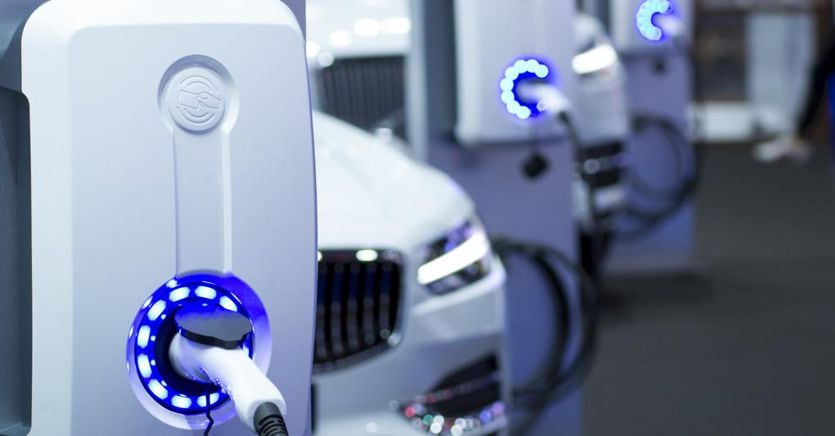The automotive supply chain has spoken, asking the government for incentives to lower the prices of very low-emission cars, and support for investments in fast charging stations (at least 100kw), because without being able to recharge safely, nobody or almost relies on the electric motor only.
Michele Crisci, president of Unrae, the manufacturers’ association, first provided background information: “Cars on the road are the environmental problem par excellence, limited to mobility, which in turn we know very well to be only a small part of the problem. overall environmental. ” Paolo Scudieri, president of Anfia, the national automotive industry association, echoed him: “Cars represent 1% of CO2 emissions. We are playing a very important game, even though we know that we participate in environmental improvement with a very low percentage. ” The president of Federauto, the dealers, Adolfo De Stefani Cosentino, then clarified that “incentives are essential not only to put less polluting cars on the market, but above all to remove highly polluting ones from circulation”. Crisci also intervened on this point, concluding statistics in hand that “the incentives given to the emission bands 0-60 gr / km of CO2 (electric and plug-in, ed) have not proved effective in favoring scrapping: only a cars every 7 incentivized is in that bracket “.
Loading…
So, the summary is that the problem is the cars in circulation, which are scrapped if only thermal ones or at most hybrids without plug are encouraged and that, whatever happens, the improvement in CO2 will be almost nil.
But the incentives are born as a temporary stimulus to demand, pushing the customer to buy today because tomorrow he would spend more. On the contrary, if they become structural they are transformed from a stimulus into a reduction in the price of certain cars, leaving the customer the right to buy when he wants, as he would always benefit from it. Considering that they are financed with money (in debt) of the taxpayers, who already support renewables and wind turbines with billions of euros per year, we asked whether it is right to make them structural?
According to Crisci “yes, they must be structural at least until 2026 because they serve to give direction and because it is right that everyone takes responsibility for sustainability. Citizens must start consuming, or rather using better, less and the right things. We have already seen abroad that when incentives run out, sales drop. ”
